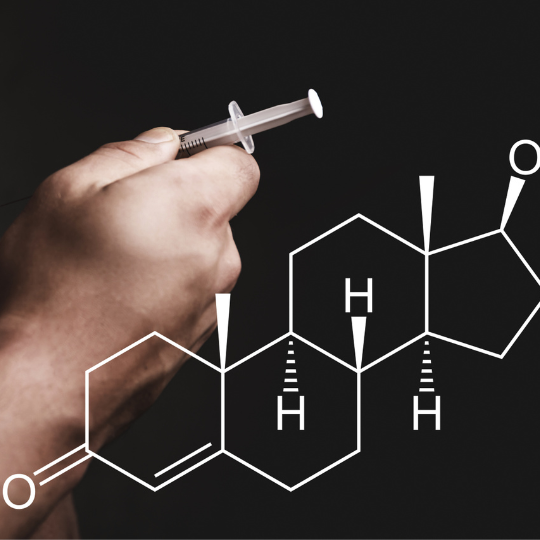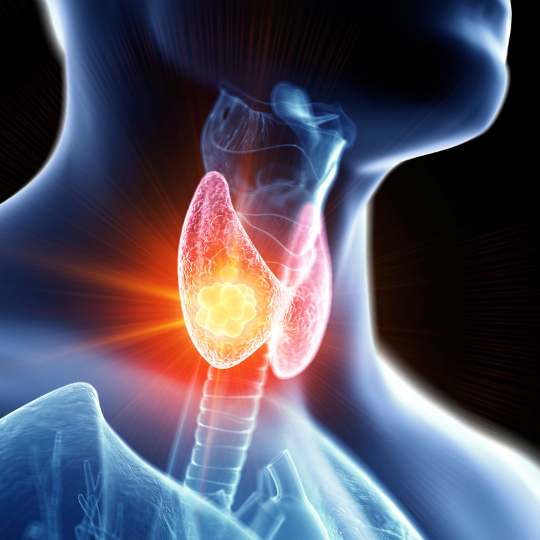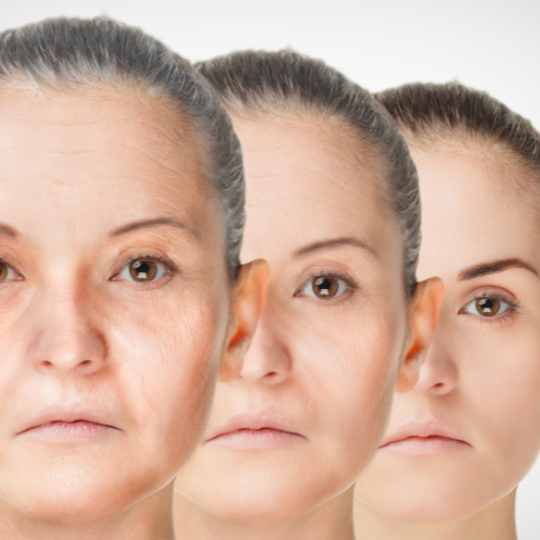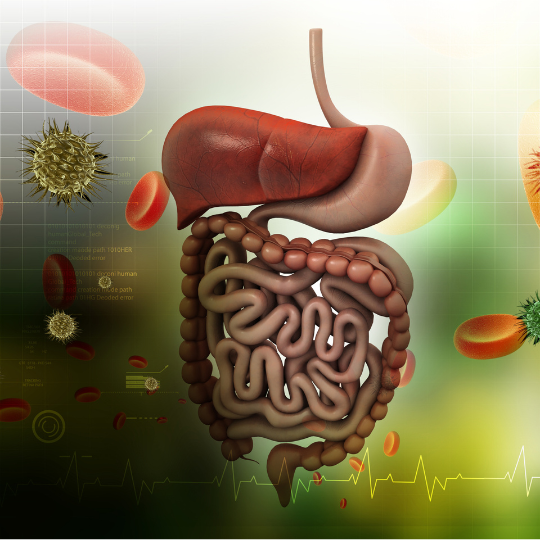Mineral metabolism in the human body refers to the various processes by which our bodies absorb, distribute, and excrete minerals. These essential nutrients are necessary for the proper functioning of the body, and a deficiency or excess of any of them can have negative effects on our health. In this article, we’ll take a look at the metabolism of several key minerals, including molybdenum, selenium, magnesium, zinc, iodine, and phosphorus, and discuss the food sources, bioavailability, and effects of these minerals on the body. We’ll also discuss some of the genetic predispositions and single nucleotide polymorphisms (SNPs) that can influence the metabolism of these minerals, and how we can use behavioral tools, nutrition, and supplements to improve our health and longevity.
Trace 1
Molybdenum is a trace mineral that is present in small amounts in the human body. It is important for the proper functioning of enzymes, which are proteins that catalyze chemical reactions in the body. Molybdenum is found in a variety of foods, including beans, grains, leafy green vegetables, and nuts. The bioavailability of molybdenum depends on the form in which it is consumed and the presence of other minerals in the diet. For example, the bioavailability of molybdenum is lower in the presence of high levels of copper or sulfur.
Trace 2
Selenium is another trace mineral that is essential for human health. It plays a role in the functioning of the immune system, the metabolism of thyroid hormones, and the protection of cells from oxidative stress. Selenium is found in a variety of foods, including seafood, grains, nuts, and eggs. The bioavailability of selenium depends on the form in which it is consumed and the presence of other minerals in the diet. For example, the bioavailability of selenium is lower in the presence of high levels of sulfur.

Essential 3
Magnesium is a mineral that is essential for the proper functioning of the body. It plays a role in muscle function, bone health, and the metabolism of carbohydrates, proteins, and fats. Magnesium is found in a variety of foods, including leafy green vegetables, nuts, seeds, and whole grains. The bioavailability of magnesium depends on the form in which it is consumed and the presence of other minerals in the diet. For example, the bioavailability of magnesium is lower in the presence of high levels of calcium.
Essential 4
Zinc is a mineral that is essential for the proper functioning of the body. It plays a role in immune function, wound healing, taste, and smell. Zinc is found in a variety of foods, including meat, seafood, dairy products, and grains. The bioavailability of zinc depends on the form in which it is consumed and the presence of other minerals in the diet. For example, the bioavailability of zinc is lower in the presence of high levels of calcium or phytates (compounds found in plant-based foods).

Trace 5
Iodine is a trace mineral that is essential for the proper functioning of the thyroid gland. It plays a role in the synthesis of thyroid hormones, which are important for growth, development, and metabolism. Iodine is found in a variety of foods, including seafood, dairy products, and grains. The bioavailability of iodine depends on the form in which it is consumed and the presence of other minerals in the diet. For example, the bioavailability of iodine is lower in the presence of high levels of goitrogens (compounds found in certain plant-based foods).
Essential 6
Phosphorus is a mineral that is essential for the proper functioning of the body. It plays a role in the structure of bones and teeth, the metabolism of carbohydrates, proteins, and fats, and the production of energy. Phosphorus is found in a variety of foods, including dairy products, meat, fish, and grains. The bioavailability of phosphorus depends on the form in which it is consumed and the presence of other minerals in the diet. For example, the bioavailability of phosphorus is lower in the presence of high levels of calcium.

Mineral Genetics
Now that we’ve discussed the metabolism of several key minerals, let’s turn our attention to the genetic predispositions and SNPs that can influence the metabolism of these minerals in the human body. Some people may be genetically predisposed to certain deficiencies or excesses of certain minerals due to variations in their DNA. For example, people with certain SNPs in the SLC30A8 gene may be more prone to zinc deficiency, while those with certain SNPs in the PNPO gene may be more prone to iodine deficiency.
To address these genetic predispositions and SNPs, we can use a variety of behavioral tools, nutrition, and supplements. For example, we can use light therapy to regulate the body’s production of certain hormones that play a role in mineral metabolism. We can also use temperature and movement to improve circulation and increase the absorption of minerals. Additionally, we can use nutrition and supplements to ensure that we are getting enough of the key minerals that our bodies need. For example, we can eat foods that are rich in zinc, such as meat, seafood, and dairy products, or we can take zinc supplements to ensure that we are getting enough of this important mineral.
In conclusion, the metabolism of minerals in the human body plays a crucial role in our overall health and well-being and is usually the last step in our genetic and metabolic optimization approach. By understanding the sources, bioavailability, and effects of key minerals such as molybdenum, selenium, magnesium, zinc, iodine, and phosphorus, we can take steps to ensure that we are getting enough of these essential nutrients. We can also use behavioral tools, nutrition, and supplements to address any genetic predispositions or SNPs that may influence our mineral metabolism. By taking these steps, we can improve our health and longevity and enjoy a better quality of life.









